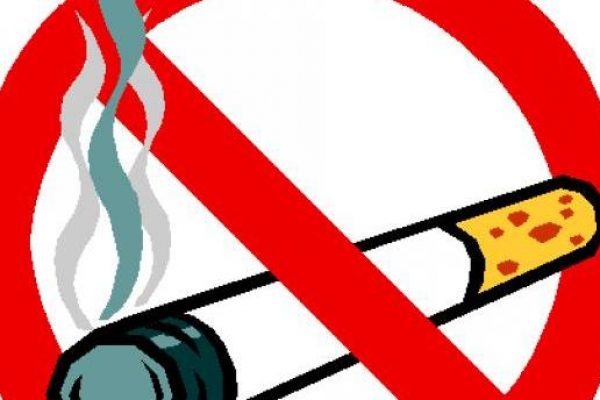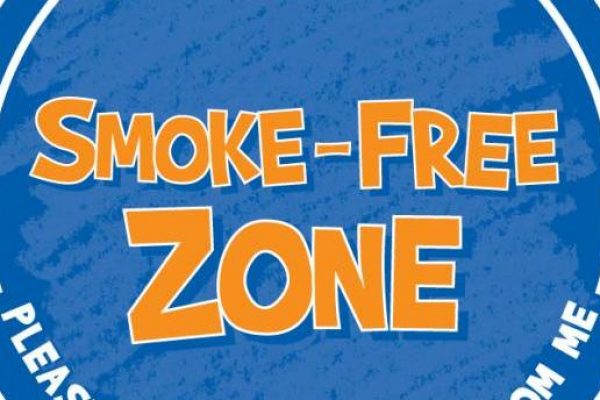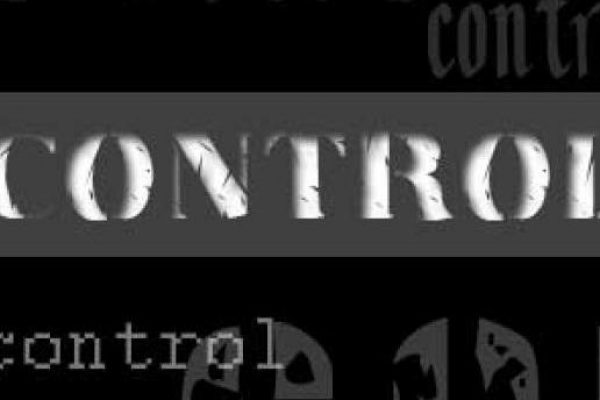In 2012 there were an estimated 58.5 million U.S. residents that were smokers. Second hand smoke kills 53,800 non smokers annually. This makes it the third leading cause of preventable death in America.
Second hand smoke (SHS), contains over 4,000 chemical compounds, two hundred known poisons, and sixty carcinogens, some of which include: Lead, nickel, benzene, formaldehyde, chromium, cyanide, ethylene oxide, arsenic, polonium and carbon monoxide. These dangerous particles can linger in the air for hours, and smoke lowers the amount of oxygen in the blood. Residue left on a smoker's clothing can cause health problems, especially in children.
If a person spends more than two hours in a room with a an individual smoking, the non-smoker inhales the equivalent of four cigarettes. The immediate health effects of SHS are coughing, nausea, headache, eye irritation, sore throat, dizziness, and difficulty in breathing. For those already suffering from asthma or other respitory disorders, this can be dangerous.
In adults, second hand smoke can trigger asthma and bronchitis, and is a known risk factor for lung cancer. It increases the risk of heart attacks, and is also a known risk factor for various other types of cancer.
Children who live with smokers are more apt to develop middle ear and sinus infections. SHS is associated with 413 SIDS deaths in the US annually.
Exposure to SHS as a child is associated with a increased risk of developing Atopic dermatitis which is a chronic nflammation of the skin. A higher risk of tooth decay has also been associated with passive tobacco smoking. Children who grow up around smokers have smaller lungs and decreased lung function than that of a child living in a non-smoking home. Children who are consistently exposed to SHS tend to develop childhood asthma.
When children are forced to be in proximity of SHS, such diseases as cystic fibrosis, bronchitis, and even pneumonia are worsened. These conditions are very difficult for small children to tolerate. Middle ear infections are common in children inhaling second hand smoke. The smoke irritates the Eustachian tube, which connects the back of the nose to the middle ear. This causes fluid retention and can be very painful for the child. If diagnosed right away, these infections can be easily cured, but if treatment is delayed, it can lead to permanent reduction in hearing.
The possibility of Sudden Infant Death Syndrome (SIDS) increases when a mother smokes. Lower birth weight, as well as conditions such as cleft lip and palate are seen in instances of maternal smoking.
300,000 cases of toddlers and infants with respiratory diseases are reported yearly. Much of this could be avoided if parents were to think about the affects of their smoking on children.
Revised and updated from original posting @ Knoji.com











